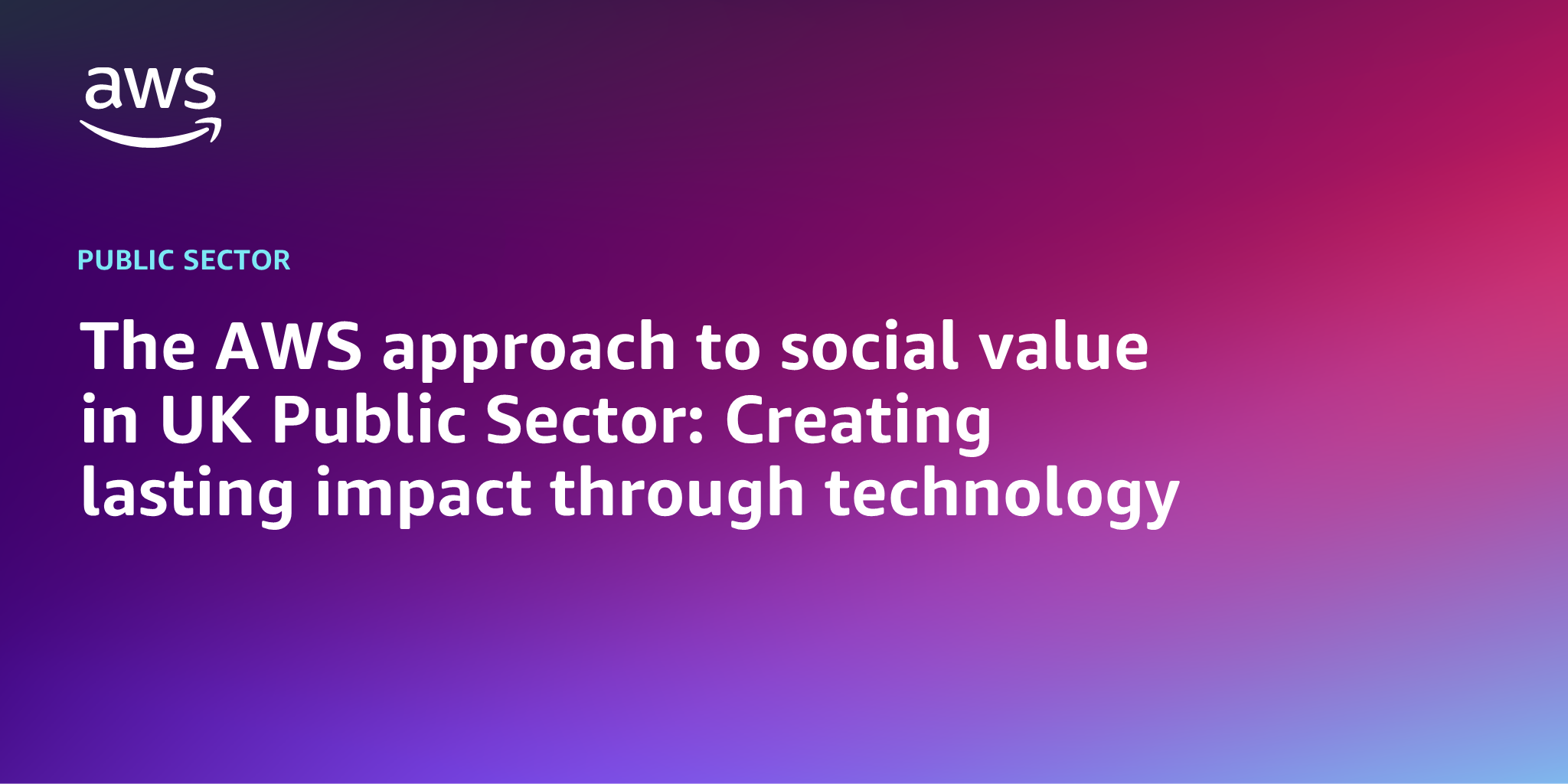London, April 30, 2025 — At the AWS Summit London 2025, Amazon Web Services announced a bold initiative to train 100,000 individuals across the UK in artificial intelligence (AI) by the year 2030, aiming to bridge the talent gap that’s slowing AI adoption across industries.
The effort forms part of the AWS Skills to Jobs Tech Alliance, a global program launched in 2023, which has already supported over 380,000 students in the U.S., Egypt, and Spain to gain entry-level cloud and AI competencies. The program’s expansion to the UK aligns with the government’s vision to position the country as a global leader in AI, outlined in its recently released AI Opportunities Action Plan.
Speaking at the summit, John Davies, Managing Director for Worldwide Public Sector at AWS, emphasized that while AI has the potential to deliver over £45 billion in operational efficiency savings to the UK economy, achieving that outcome depends heavily on addressing the digital skills deficit.
“AI is no longer just an IT initiative—it’s for everyone,” said Davies. “We need to equip professionals across all fields, from law to healthcare, with the knowledge to leverage AI in meaningful ways.”
To that end, AWS is working with UK universities to embed AI modules even into non-IT degree programs. The University of East London, for example, will allow law students to take elective AI courses to explore its applications in legal research and precedent analysis.
From Hype to Impact: Enterprises See AI in Action
Alison Kay, Vice President and Managing Director of AWS UK & Ireland, reinforced this momentum during her keynote, noting that the age of AI has shifted from theoretical to practical.
“Just a year ago, we spoke of AI’s potential. Today, we’re witnessing that potential in action,” Kay stated.
One standout example is Sonrai Analytics, a UK-based precision medicine startup leveraging AWS-powered AI to accelerate drug discovery. By applying AI to clinical, genomic, and patient data, Sonrai has reportedly cut research timelines by 50%, reduced error rates by 80%, and saved over $20,000 per experiment.
Gerard Loughran, Head of Engineering at Sonrai, noted that while some traditional sectors like healthcare and biotech are slower to adopt cloud and AI due to legacy infrastructures, the opportunity to streamline complex research workflows is enormous.
“Much of our value lies in removing the engineering complexity so scientists can focus on the science,” said Loughran.
AI in Banking: NatWest Sets the Pace
Not all enterprises are lagging behind startups in AI maturity. NatWest Bank serves as a prime example of advanced enterprise AI integration.
Scott Marcar, Group CIO at NatWest, emphasized that AI has long played a role in banking operations—from pricing risk to automating trading algorithms. Now, the bank is deepening its AI capabilities with tools like Microsoft Copilot and its internal AI-Den platform, built on ChatGPT, currently accessible to tens of thousands of employees.
Notably, Marcar revealed that 26% of NatWest’s Java code is now generated by AI, just six months into adoption.
“Every role we have today will be fundamentally transformed by AI,” he said. “And we’re also going to see an entirely new set of roles emerge.”
NatWest is now training all 70,000 employees on the responsible use of AI, aligning with the broader belief that AI fluency will become a basic professional requirement in the near future.
A Global Opportunity for UK Leadership
Both AWS and NatWest executives expressed confidence in the UK’s readiness to lead globally in AI development and adoption. With deep institutional heritage—from DeepMind to government-backed research and policy—the UK is being positioned not just as a participant but as a center of AI excellence.
“There will soon be two kinds of professionals,” Marcar concluded, “those who use AI, and those who don’t—and the latter will be left behind.”
Source – Computer Weekly


Leave a Reply